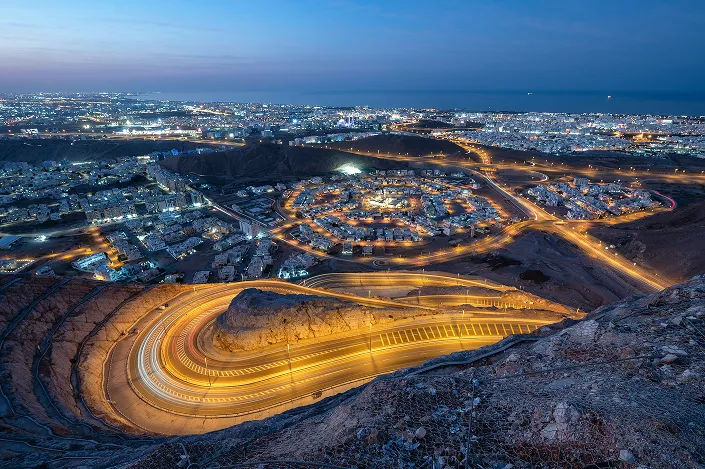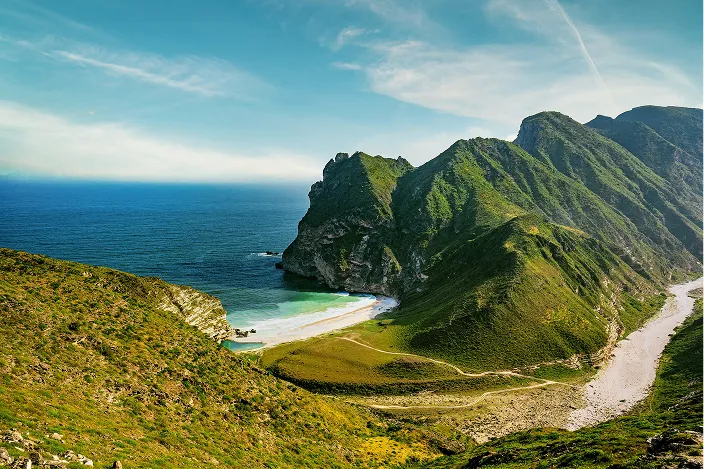
Oman’s government, led by Sultan Haitham bin Tariq, keeps things calm and orderly. Policies aren’t made overnight and neither are fortunes, but this slower approach gives investors a sense of security. The real estate market isn’t prone to wild swings. Prices don’t shoot up or crash down. Growth is steady, sometimes frustratingly so, but that’s part of the appeal.
Muscat is Oman’s center of gravity. The city isn’t in a rush to impress, but neighborhoods like Al Mouj quietly deliver what many expats and families want: modern apartments, international schools, and enough infrastructure to feel at ease. Homes here cost more than in most of Oman, but rents are strong and the market is stable. If you’re looking for a Dubai-style lifestyle minus the chaos, Muscat is as close as you’ll get.

Then there’s Salalah. For most of the year, it’s a quiet southern city, but every summer, when the monsoon rolls in and the hills turn green, the city fills up with visitors from all over the Gulf. Hotels and rental homes are booked out from late June to September. People come for the cool air, the lush hills, and a break from the usual heat. With the Jebel Dhofar mountains to the north and beaches stretching out to the south, Salalah offers a rare mix of scenery – and a welcome change of pace.
Sohar sits between Muscat and Dubai and has quietly become Oman’s industrial workhorse. Its real estate isn’t glamorous, but the prices are reasonable, and there’s a certain logic to investing here. Businesses are moving in, new jobs are being created, and there’s a need for both housing and commercial space.

Duqm is for the long-haul crowd. This port town is part construction site, part big idea. Oman’s government is betting on Duqm’s future, offering incentives and planning a new economic zone. At the moment, lifestyle amenities are limited, and it still feels like a work in progress. But if you believe in buying early and waiting for a city to catch up, Duqm is where to look.
What sets Oman apart from many hot destinations is the pace. There’s no quick flip culture here. The market is open to foreigners, the residency system is clear, and laws tend to stick once made. Rental yields in Muscat and Salalah are solid, often in the 5–8% range, but the real payoff is in owning something stable, unhurried, and quietly growing.
.webp)
Oman’s location still matters: close to Dubai, within reach of East Africa and India, and served by direct flights to Europe and Asia. It doesn’t sell itself with headlines or spectacle, but it offers something that’s become rare – real estate that gives back a little, year after year, while life stays refreshingly unchanged. For buyers tired of speculation and looking for something they can count on, Oman is less about flash and more about finding a place that simply works, year after year.

.png)
.png)
.png)
.png)
